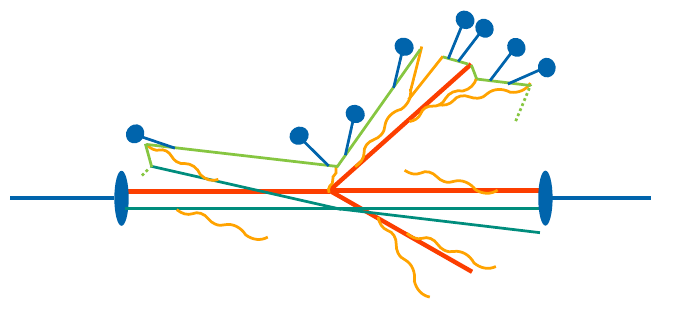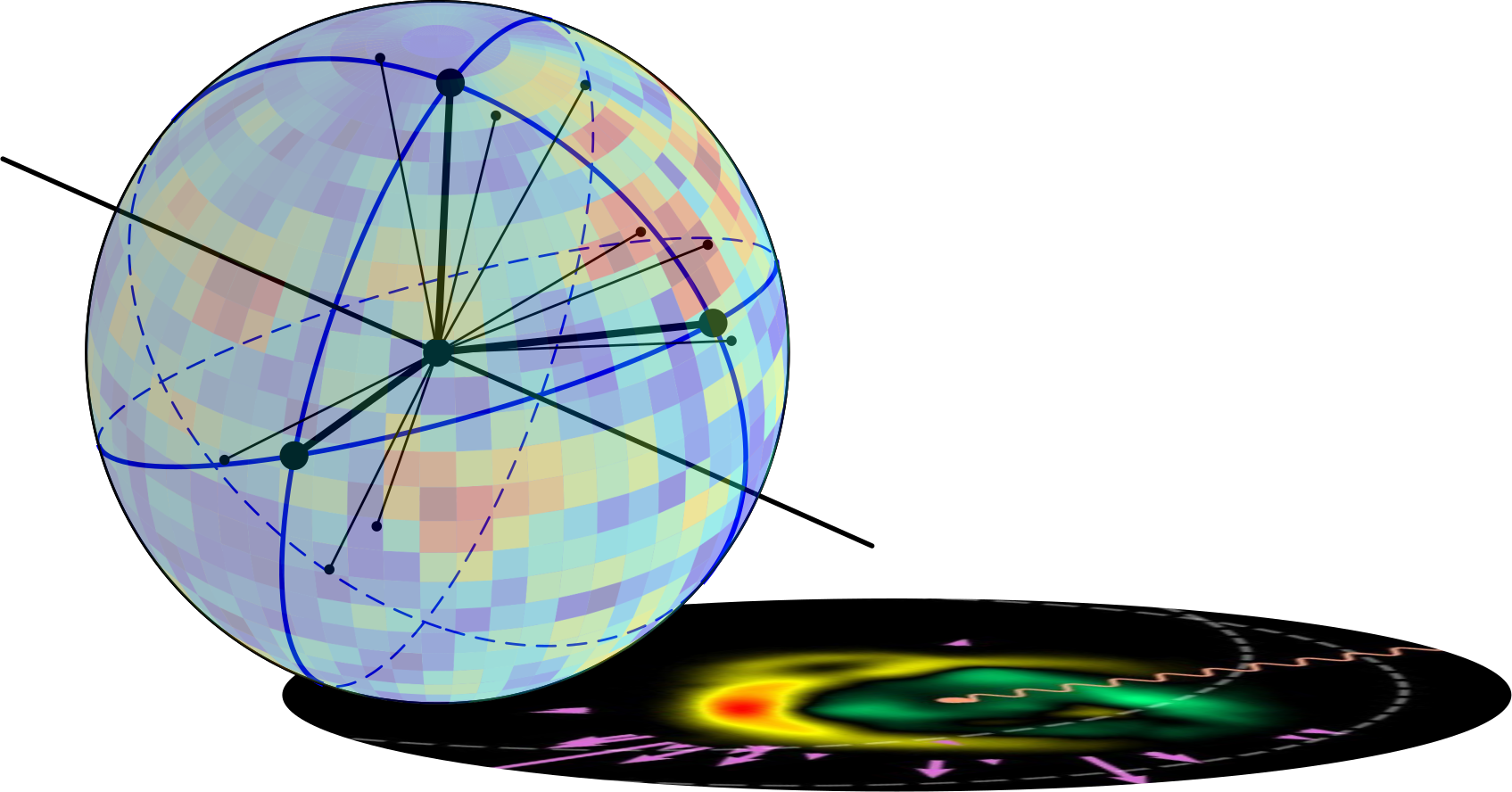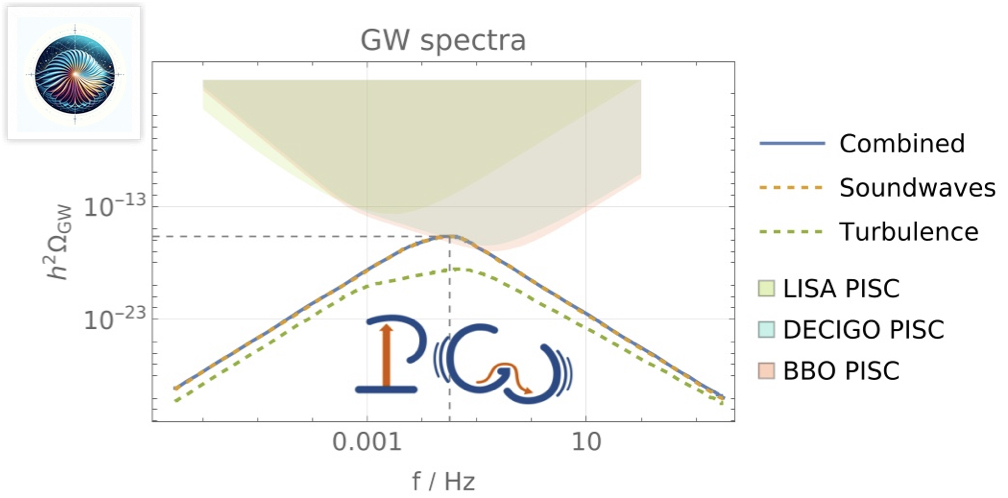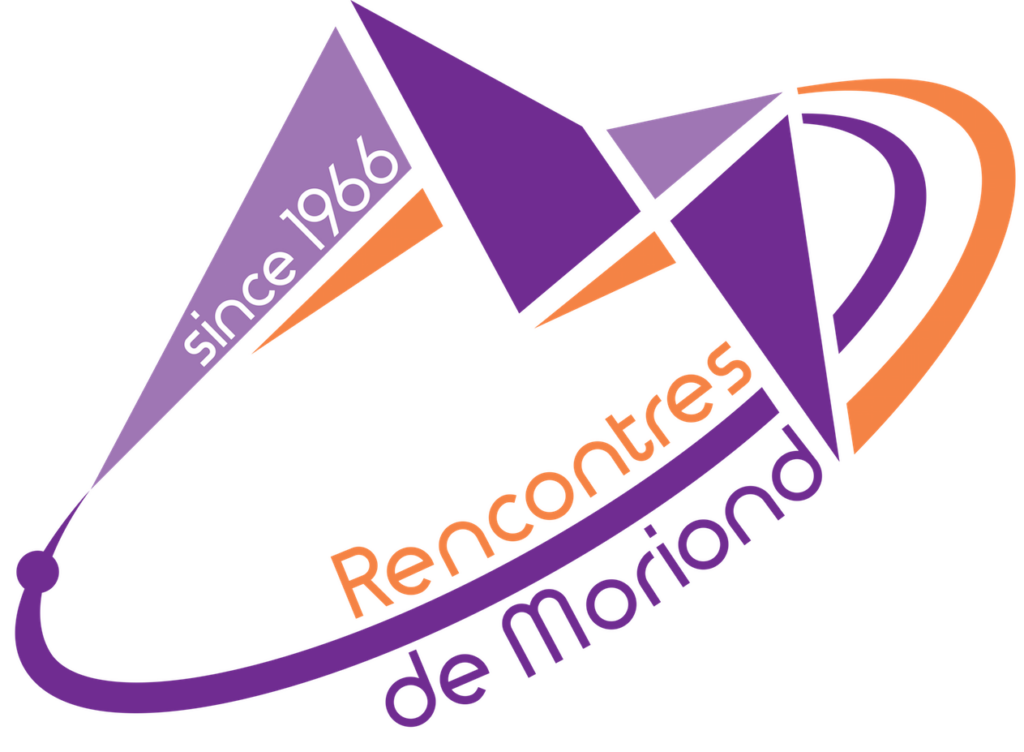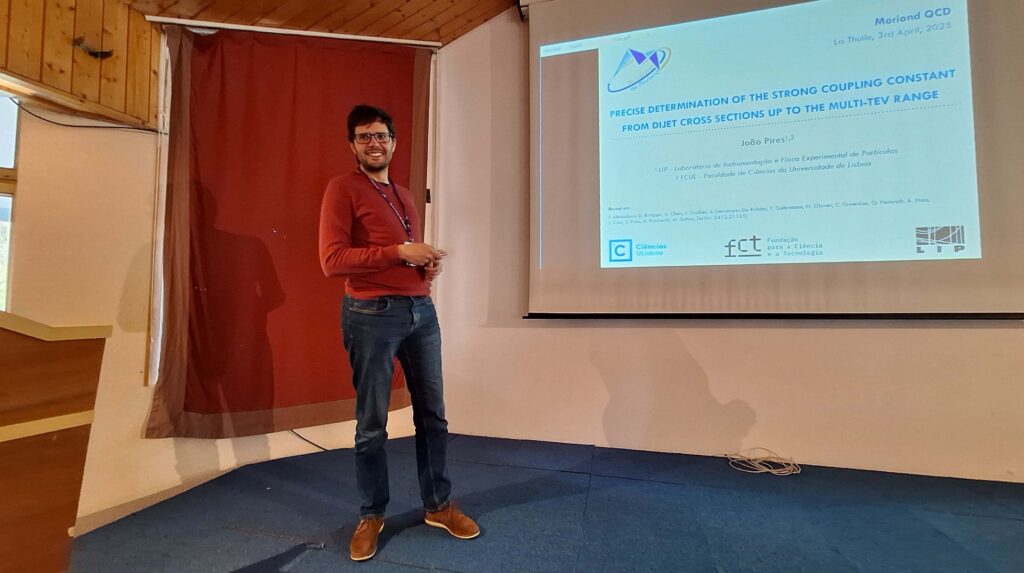The 59th edition of the Rencontres de Moriond QCD and High-Energy Interactions conference took place in La Thuile, Italy, from March 31st to April 6th. This conference was created by Jean Tran Thanh Van in 1966 with the goal of fostering collaboration between experimentalists and theorists in a beautiful and relaxed atmosphere.
João Pires, researcher in the LIP Phenomenology group, contributed with a talk in the session dedicated to QCD. The contribution was titled “Precise Determination of the Strong Coupling Constant αₛ from Dijet Cross Sections up to the Multi-TeV Range.”
The strong coupling constant, denoted by αₛ, is one of the fundamental constants in particle physics that governs the strength of the interaction between quarks and gluons in Quantum Chromodynamics (QCD). A unique aspect of QCD is the property of asymptotic freedom, which awarded the 2004 Nobel Prize in Physics to David Gross, David Politzer, and Frank Wilczek. From this property, it can be deduced that the value of αₛ decreases at higher energies and increases at lower energies. This discovery represented a crucial advancement in our understanding of the nature of the strong force, revealing how it behaves at different energy scales.
For the research presented at Moriond, a new determination of the value of the strong coupling constant αₛ was made, based on experimental measurements from the ATLAS and CMS experiments at the LHC at center-of-mass energies of 7, 8, and 13 TeV, and its asymptotic freedom behavior was studied. The analysis was carried out using NNLO predictions for jet production in perturbative QCD, developed within the phenomenology group at LIP. From a large subset of LHC experimental data, we inferred a value of αₛ at the Z boson mass scale of αₛ(mZ) = 0.1178 ± 0.0022.
Complementing the LHC data with cross-sections measurements at the HERA collider, which operated at lower energy scales, the hypothesis of asymptotic freedom in QCD was tested in this work over three orders of magnitude in energy scale, from 7 GeV to 7 TeV. The results obtained show excellent agreement with the evolution predicted by QCD, up to the multi-TeV scale.
Since the determination of the value of αₛ can also be made through other methods, using different observables at different energy scales, the values obtained by various research groups may exhibit small variations, compatible within their respective uncertainties. The next step is to include this new determination of αₛ obtained at the LHC with a precision of 1.87%, in the global analysis of αₛ determinations conducted by the PDG (Particle Data Group) collaboration, an international collaboration responsible for establishing measurements of various physical quantities.
